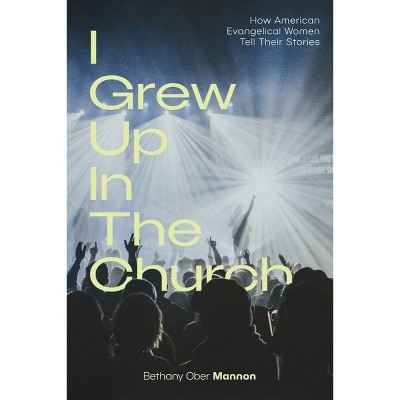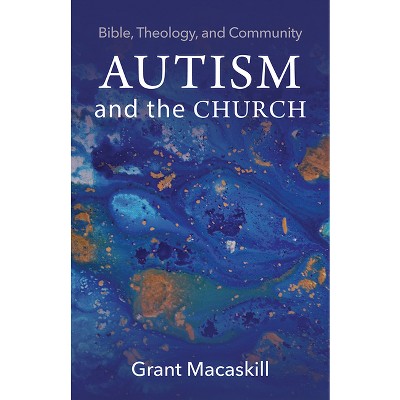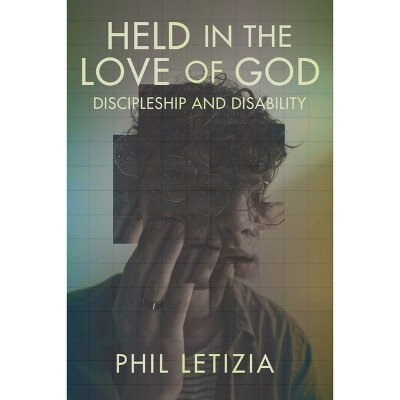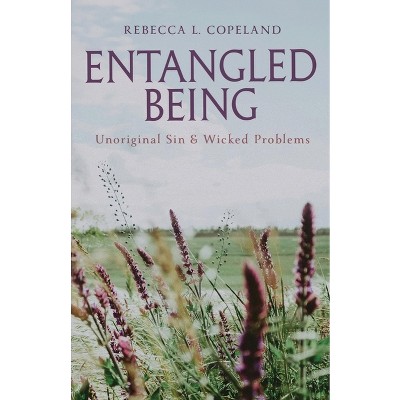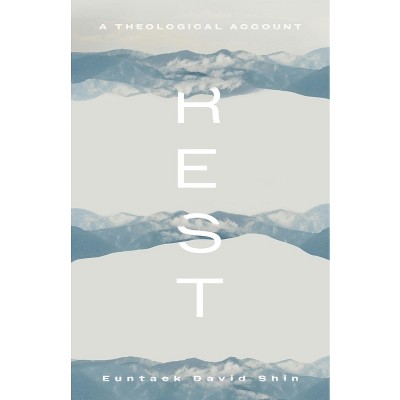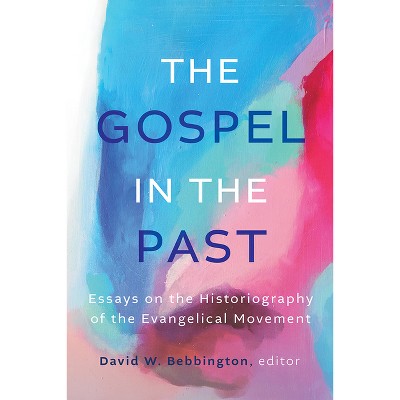About this item
Highlights
- Christian organization, education, and leadership are changing.
- About the Author: Dustin D. Benac is the Director and Co-founder of the Program for the Future Church, Baylor University
- 348 Pages
- Religion + Beliefs, Christian Life
Description
Book Synopsis
Christian organization, education, and leadership are changing. Headlines note rising religious disaffiliation ("the Nones"), moral failures by religious leaders, and the mounting crisis for religious education. Research on congregations, Christian higher education, and theological education also paints a dismal picture: declining engagement and growing fragility. These trends have changed the landscape that surrounds Christian thought and practice, but the story of local communities presents a more complex portrait: communities are also coalescing around vitality, wisdom, and hope.
Adaptive Church explores what it takes for communities of faith to respond to uncertainty and shifting organizational environments. Based on fifty-two interviews and four years of empirical work, Dustin Benac charts a theological paradigm for collaboration and community in a changing world. He pioneers an interdisciplinary method that identifies the ecclesial ecology as the primary site to discern how Christian communities and leaders adapt to mounting challenges. Moreover, he provides the first in-depth analysis of a novel form of organizing religious life--a "hub"--by telling the story of how collaborative partnerships are creating new structures of belonging in the Pacific Northwest. Neither megachurches nor denominations, these hubs are networks that anchor religious life within a particular community and facilitate webs of connection across Christian institutions. Illumined by wisdom drawn from the Christian tradition, they pursue a particular way of life, one sustained by six complementary forms of leadership that express the possibility of collaboration and community in a changing world.
Benac contributes to a new and emerging field at the intersection of practical theology, organizational theory, sociology of religion, and leadership studies. For leaders and communities facing uncertainty, Adaptive Church provides a template for change within and beyond the forms that have historically guided Christian organization, education, and leadership.
Review Quotes
Seminaries and denominations should give this research a serious review, and possibly glean key ideas for the future of the Church.
--David Penno, Seventh-day Adventist Theological Seminary, Andrews University "Journal of Religious Leadership"Adaptive Church is a book that will challenge and inspire those seeking a rigorous engagement of the pressing questions around church identity, mission, and purpose. Benac writes with precision and deploys a wide range of theoretical tools in service to his vision of the renewed church.
--Lyndon Shakespeare "Anglican Theological Review"...Benac offers a realistic and actionable framework for how church leaders can find resources and create networks to strengthen congregations in a post-Christian America.
--Brian Louis "Presbyterian Outlook""...a stimulating and enriching book, one which challenged my thinking and provided helpful concepts to explore the ecclesiology of such communities. For those looking for an ecclesiology of church drawing on these new communities, this book provides rich starting points for developing such an ecclesiology weaving together helpful ideas of adaptive change, imagination and theological redescription. For those working in the kinds of hubs, networks and organizations that are the focus of the book, the practical wisdom and conceptual frameworks developed here will provide important and enlightening ways to reflect on and develop their work."
--James Butler, University of Roehampton, London; Church Mission Society, Oxford "Ecclesial Futures"Benac has shown that the catalyst for further adaptation lies in the connections between groups and has outlined the structures and leadership needed in organisational hubs that form the glue between different communities in a mixed ecclesial ecology. This book, and the last two chapters in particular, are full of practical wisdom for such situations.
--Andrew Dunlop, Editor in Chief "Ecclesial Practices"About the Author
Dustin D. Benac is the Director and Co-founder of the Program for the Future Church, Baylor University







